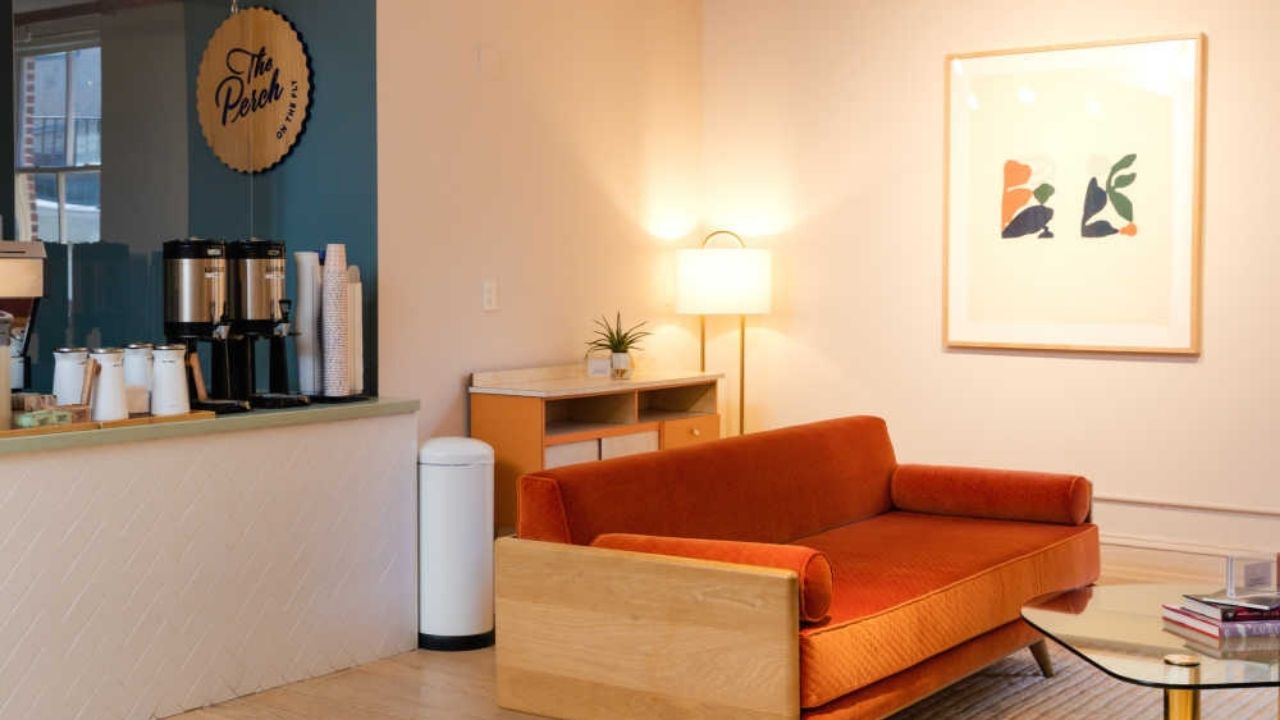The commercial real estate industry is converging in the post-pandemic era, where retail, office, and industrial spaces are seeing more crossover than ever before.
Some retail spaces are adding coworking spaces within their storefronts, while offices have incorporated retail space within their parameters.
For instance, WeWork announced a partnership with furniture rental company Feather last year, allowing members of the coworking space to design their offices with Feather’s products.
This trade off benefits both parties, as WeWork members gain access to Feather’s modern furniture, while Feather can easily market its products.
Another example is female-focused coworking firm The Wing incorporating Nguyen Coffee Supply into its spaces. Beyond just featuring Nguyen Coffee in the coworking space’s pantries, the company will also be able to host branded pop-ups and events to help showcase their offerings.
“More than anything, finding values-aligned and mission-centered partnerships helps us scale our impact together,” said Sahra Sahra Nguyen, founder of Nguyen Coffee.
While coworking and retail partnerships emerged prior to the pandemic, the need to fill in vacant space over the last several years has accelerated the popularity of this trend.
Industrious is one operator that took note of this back in 2018, opening a coworking space in Phoenix’s Scottsdale Fashion Square for the first time. Since then, Industrious has expanded its flex office presence in retail spaces all across the country’s suburbs.
“Our best-performing locations are within mix-use developments, like retail centers. Much of this is driven by the fact that people want to go to workplaces that are conveniently located and easy to access,” said Jamie Hodari, cofounder and CEO of Industrious. “We are increasingly adding Industrious locations in these types of developments because that’s where people want to work from, and we want to support people as they work wherever works best for them.”

















